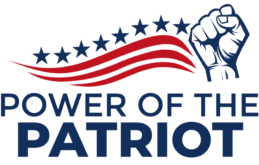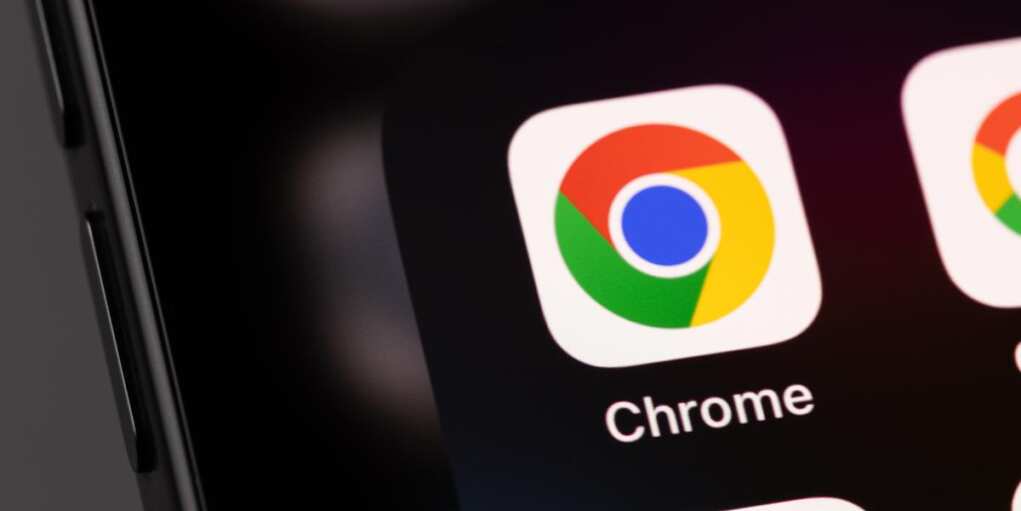Trump Blasts GOP Senators Over Canada Tariff Betrayal
Andrew HarnikPresident Donald Trump is not pulling any punches when it comes to defending his Canada tariffs—and on Wednesday, he publicly called out four GOP senators who appear ready to side with Democrats in an effort to roll them back. In a fiery post on Truth Social, Trump singled out Sen. Mitch McConnell (R-KY), Sen. Susan […]
Democrats Walk Out To Push For Bizarre Prison Agenda
txkingIn a striking display of political theater, nearly every Democrat in the Georgia House staged a dramatic walkout Wednesday to protest legislation aimed at halting taxpayer-funded sex change procedures for inmates. But their absence did little to stop the bill’s momentum — it passed overwhelmingly by a vote of 100-2. Senate Bill 185, which now […]
Judges Are Sabotaging Trump—And 92% of Them Are Democrats
GorodenkoffA staggering 92% of the judges who blocked President Donald Trump’s policies during his first term were appointed by Democrats — and Republicans say it’s not just coincidence. According to Rep. Tom McClintock (R-CA), this is the product of a calculated legal resistance effort to derail Trump’s agenda through the courts. During a House Judiciary […]
China Blocks $22.8B Panama Canal Deal—Trump Fires Back
em_conceptsChinese dictator Xi Jinping has reportedly blocked a $22.8 billion deal that would have seen Hong Kong conglomerate CK Hutchison sell its ports at both ends of the Panama Canal to a consortium led by U.S. investment giant BlackRock. The decision, driven by Xi’s fury over being left out of the loop, has triggered a […]
Google Issues Emergency Chrome Update—Here’s Why It Matters
PrimakovGoogle has issued an emergency update for its Chrome browser after cybersecurity researchers uncovered an alarming new espionage campaign exploiting a serious zero-day vulnerability. Dubbed CVE-2025-2783, the flaw was so severe that it allowed attackers to take control of users’ systems simply by getting them to click a malicious link. The attack, discovered by Kaspersky […]
How Many Non-Citizens Got Social Security Numbers in 2024
VeronikshaIn a bombshell disclosure, Elon Musk revealed during a recent town hall that an astonishing 2.1 million non-citizens were issued Social Security numbers in 2024 alone — a spike he and DOGE colleague Antonio Gracias say is tied to Biden-era immigration loopholes. Speaking at the America PAC event, Musk and longtime friend Gracias walked the […]
Google Insider Blows Whistle on Tech’s Global Agenda
RYO AlexandreNicole Shanahan, the former wife of Google co-founder Sergey Brin and now running mate to RFK Jr., is breaking ranks with Silicon Valley’s elite—and she’s not holding back. In a jaw-dropping interview with Allie Beth Stuckey on “Relatable,” Shanahan pulled back the curtain on what she calls the “tech mafia,” describing an insular and powerful […]
Zelensky Demands the Impossible—Even as Ukraine Loses Ground and Patience Wears Thin
Joshua SukoffUkrainian President Volodymyr Zelensky has made it crystal clear: Ukraine isn’t giving up an inch of territory, no matter what the Trump administration, Vladimir Putin, or anyone else suggests. In an interview with France’s Le Figaro, Zelensky doubled down on demands that have remained unchanged since the start of the war, even as Ukraine finds […]
RFK Jr. Just Took a Chainsaw to HHS—and the Swamp Is Screaming
JimwatsonIn a move that would’ve made Reagan grin and Fauci tremble, Health and Human Services Secretary Robert F. Kennedy Jr. just pulled the plug on one of the deepest parts of the Washington swamp. On Thursday morning, RFK Jr. announced that HHS will slash 10,000 federal jobs, the first phase in a massive overhaul aimed […]
Biden Judge Blocks Iowa’s Ban on Explicit Books for Kids
MdiskAnother red state just tried to protect its children from obscene content—and once again, a Biden-appointed judge jumped in to stop it. On Tuesday, U.S. District Judge Stephen Locher struck down a key part of Iowa’s Senate File 496, which would have required schools to remove sexually explicit books from K-12 libraries. In other words, […]










